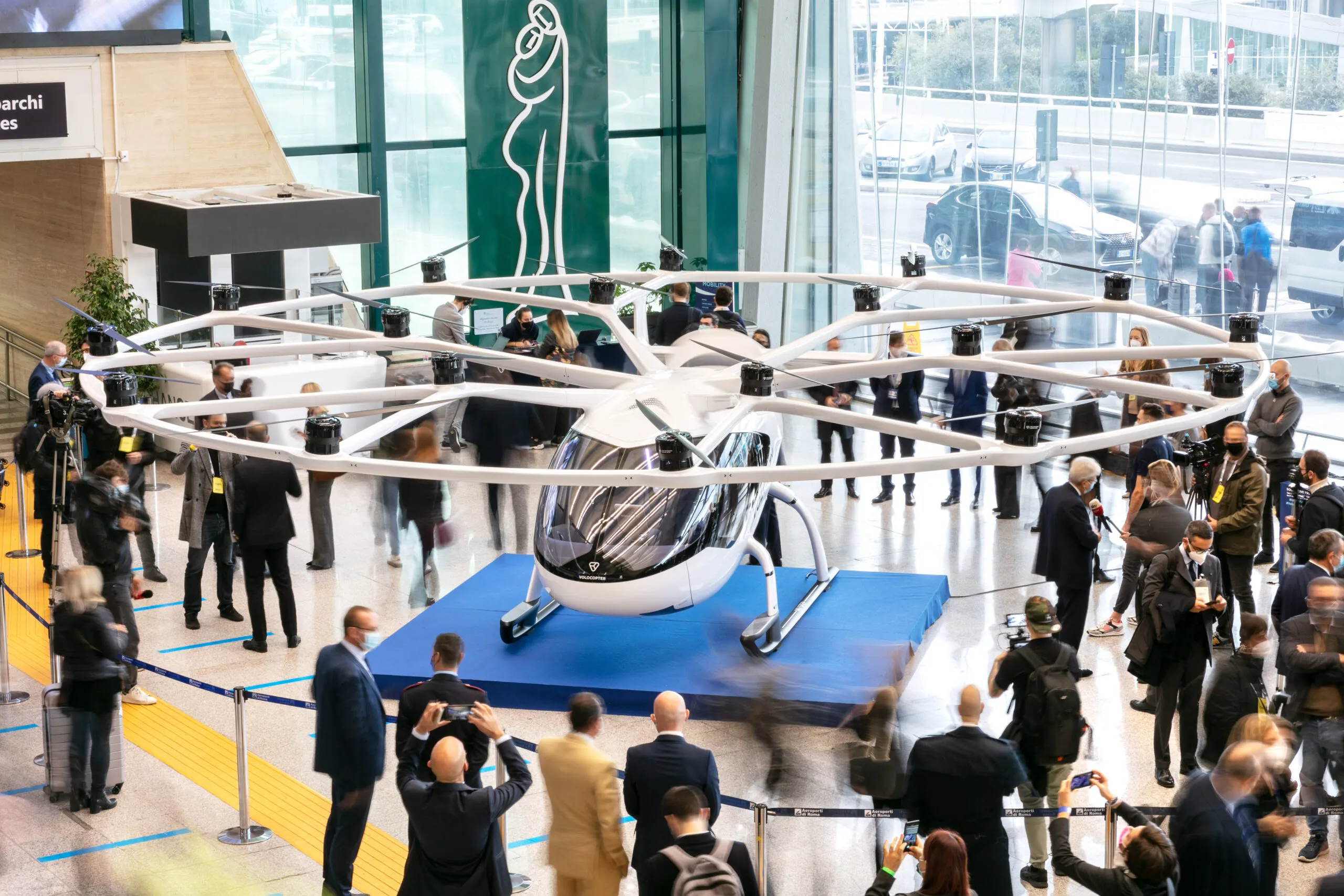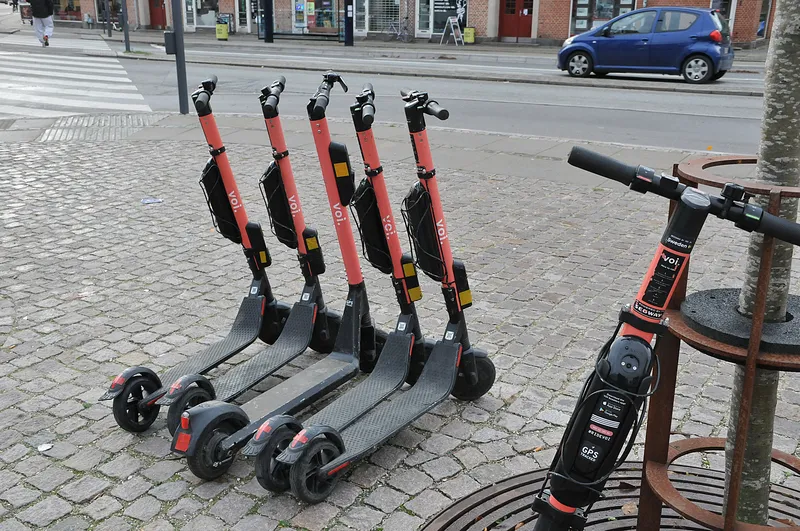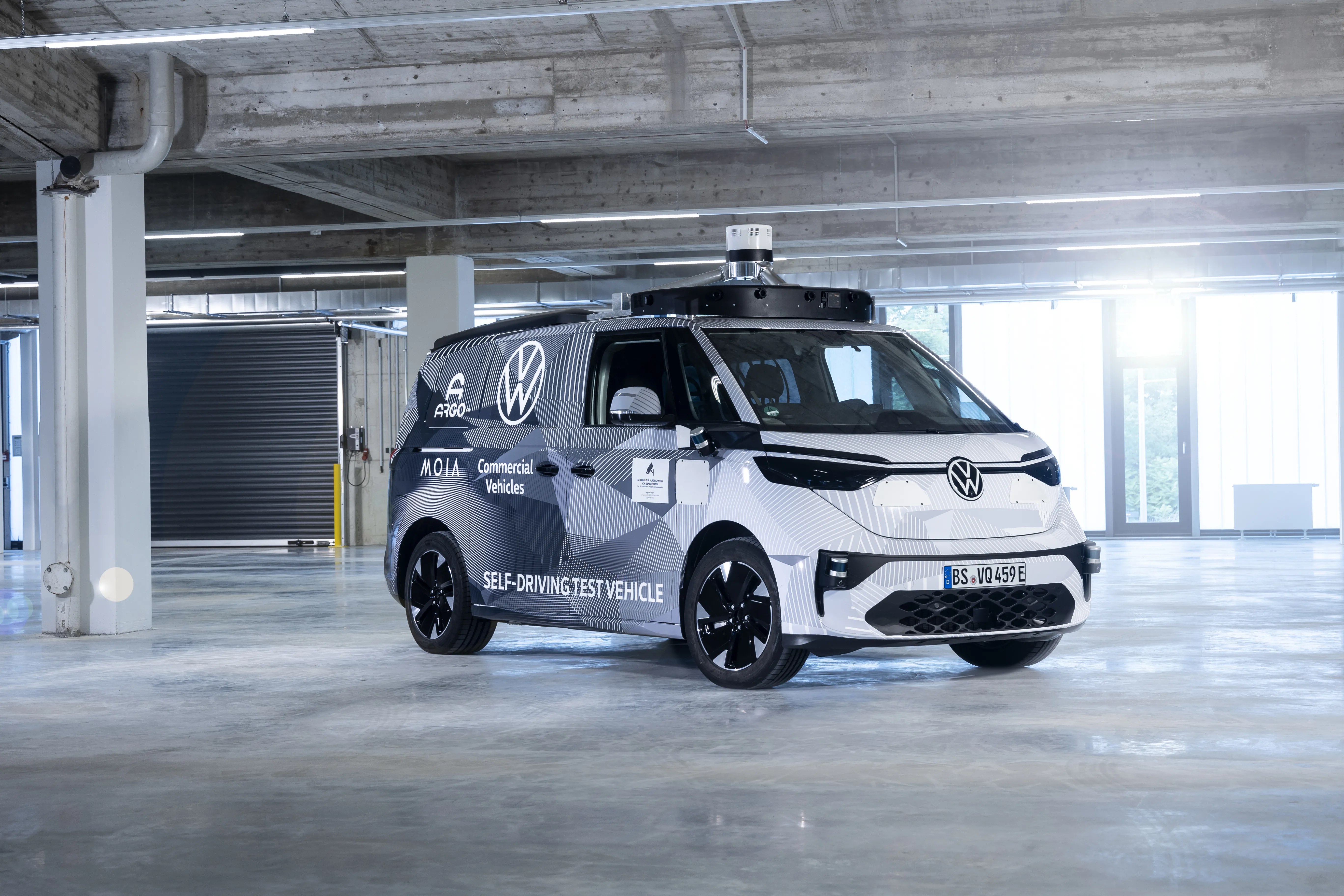
AstaZero is opening a 700m long and 40m wide indoor track in Sweden for testing active safety systems and autonomous vehicle (AV) technologies.
The autonomous transport test facility is owned by Rise (Research Institutes of Sweden) and Chalmers University of Technology.
The Asta Zero Dry Zone has received SEK 10 million from the Västra Götaland Region's sustainable transport programme.
AstaZero CEO Peter Janevik says: “The tests and trials conducted by vehicle operators require plenty of personnel and result in excessive travel. In AstaZero Dry Zone, the development time can be streamlined and tests can be carried out 24 hours a day, 365 days a year.”
The company compares the zone to a brightly illuminated aircraft hangar in which tests can be carried out repeatedly in the same light conditions and on the same surface.
Tests on the new track will also include vehicle dynamics and brake performance.
AstaZero says plans to open the track were accelerated following coronavirus restrictions which made it difficult for the industry to conduct tests.
Mats Moberg, senior vice president of R&D at Volvo Cars, says: “AstaZero’s facility provides a wide range of infrastructure that is important for the testing and validation of our technologies in safety, autonomous driving and connectivity, making it possible for us to perform testing in well-controlled environments all year round.”
Stefan Bengtsson, CEO of Chalmers University of Technology, says: “Here we will be able to conduct advanced research in, for example, autonomous driving, in facilities where we have full control over light and weather conditions.”
“AstaZero will now be an even more competitive facility, giving Chalmers, together with the industry, excellent conditions for participating in large research projects”, Bengtsson adds.










